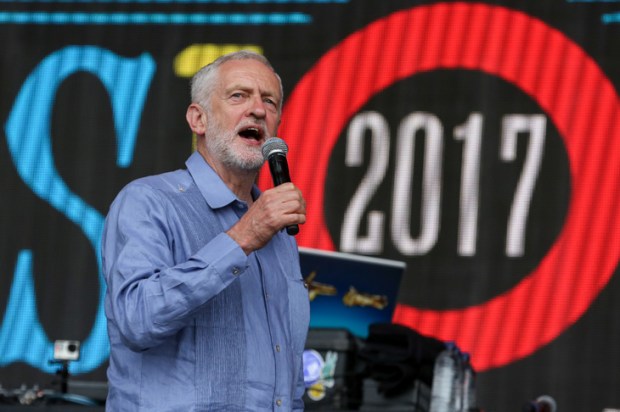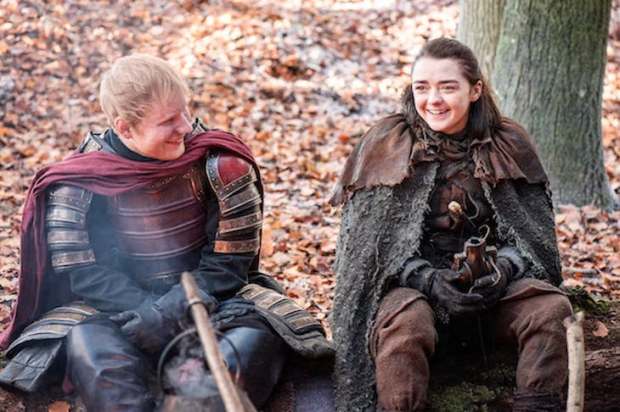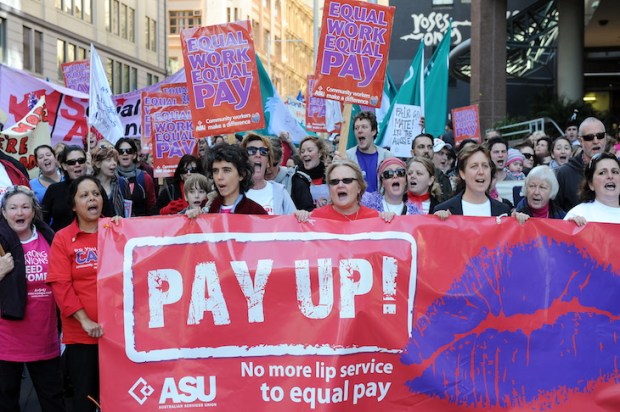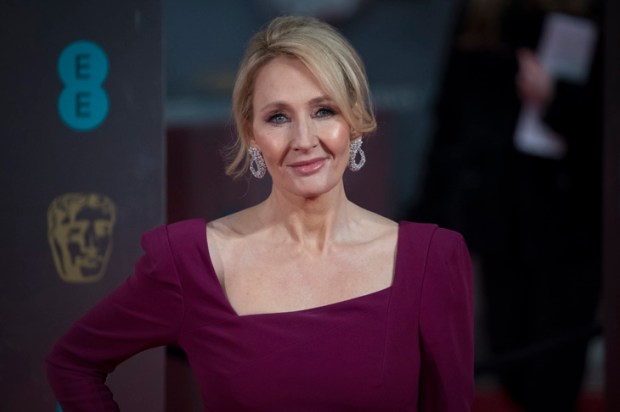The BBC has published a list of the 100 best films of the 21st century, compiled after consulting academics, cinema curators and critics — and, as you’d expect, it’s almost comically dull. The list contains numerous turgid meditations on the spiritual void at the heart of western civilisation by obscure European ‘auteurs’ and not a single Hollywood comedy. It’s as if the respondents mistook the word ‘best’ for ‘boring’.
To give you an idea of just how absurd the list is, it doesn’t include any of the billion-dollar blockbusters from Marvel Studios — no, not even Guardians of the Galaxy — but does have two movies by the impenetrable Danish director Lars von Trier. Nothing featuring Denzel Washington, Tom Cruise, Matt Damon, Bradley Cooper or Robert Downey Jr, but three films starring Joaquin Phoenix (although not Gladiator, obviously).
Jennifer Lawrence, the number one box office star in the world, doesn’t get a look-in, while Michael Haneke, the miserable Austrian director, appears three times. If an actual cinema confined itself to showing just the films on this list, it would go bust within a month.
Don’t get me wrong. I know commercial success isn’t a guarantee of quality — look at Mamma Mia!, for heaven’s sake — but nor is it the mark of Cain. The cineastes who’ve compiled this list have fallen into the old trap of assuming that any film that makes over $100 million at the American box office must be garbage. It’s the same snobbery that’s responsible for the dismissal of genre fiction — even though literary novels are every bit as formulaic as historical romances and spy thrillers — and primetime TV shows. The view that popular equals bad is no more defensible than popular equals good. Genuine artistic value is as likely to be found on ITV2 at 4 a.m. as it is at the Royal Opera House. It’s a random variable.
To be fair, some commercial filmmakers have been allowed to sneak on to the BBC’s list. But they are the usual suspects: Quentin Tarantino, Christopher Nolan and Martin Scorsese. And in every case, the panel of experts haven’t chosen their best films. Tarantino, for instance, gets the nod for Inglourious Basterds, which isn’t a patch on Django Unchained, and Christopher Nolan is recognised for Memento rather than The Dark Knight Rises. As for Scorsese, only someone completely inured to the low, visceral pleasures of moviegoing would choose The Wolf of Wall Street over The Departed. I’m surprised that Hugo, a self-congratulatory paean to the craft of film-making, didn’t make it into the top ten. Not enough tracking shots, perhaps.
As George Orwell said, the only test of artistic merit is survival, from which it follows that we can’t possibly know yet what the best films of the past 16 years are. The BBC implicitly acknowledged this in the guidance it issued to its judges, asking them to choose films that would ‘stand the test of time’. But how can they predict which will and which won’t? The whole point of that yardstick is that merit is revealed only after several decades have passed. If you could confidently say today that a film made in 2014 — such as Boyhood, fifth on the list — will be remembered as a classic in 100 years’ time, then ‘the test of time’ is meaningless.
If you’re not convinced of this, I’d recommend digging up the reviews of some genuine, indisputable classics, such as Bringing Up Baby, the 1938 screwball comedy starring Cary Grant and Katharine Hepburn. ‘To the Music Hall yesterday came a farce which you can barely hear above the precisely enunciated patter of Miss Katharine Hepburn and the ominous tread of deliberative gags,’ began the review in the New York Times by Frank S. Nugent, one of the most celebrated critics of his day. He dismissed it as a forgettable assemblage of clichés that would appeal only to those who’d never been to the movies before. I doubt he would have included Bringing Up Baby in a list of the best films of 1938, let alone the 20th century. It took 50 years for it to be recognised as a glittering jewel of Hollywood’s golden age.
I can’t finish without offering my own ten best films of the 21st century, pointless though such lists are. They are, in no particular order: Iron Man, Knocked Up, The Incredibles, The Hangover, The Bourne Identity, The 40-Year-Old Virgin, Michael Clayton, American Hustle, Apocalypto and, of course, Guardians of the Galaxy.
Got something to add? Join the discussion and comment below.
Get 10 issues for just $10
Subscribe to The Spectator Australia today for the next 10 magazine issues, plus full online access, for just $10.














Comments
Don't miss out
Join the conversation with other Spectator Australia readers. Subscribe to leave a comment.
SUBSCRIBEAlready a subscriber? Log in